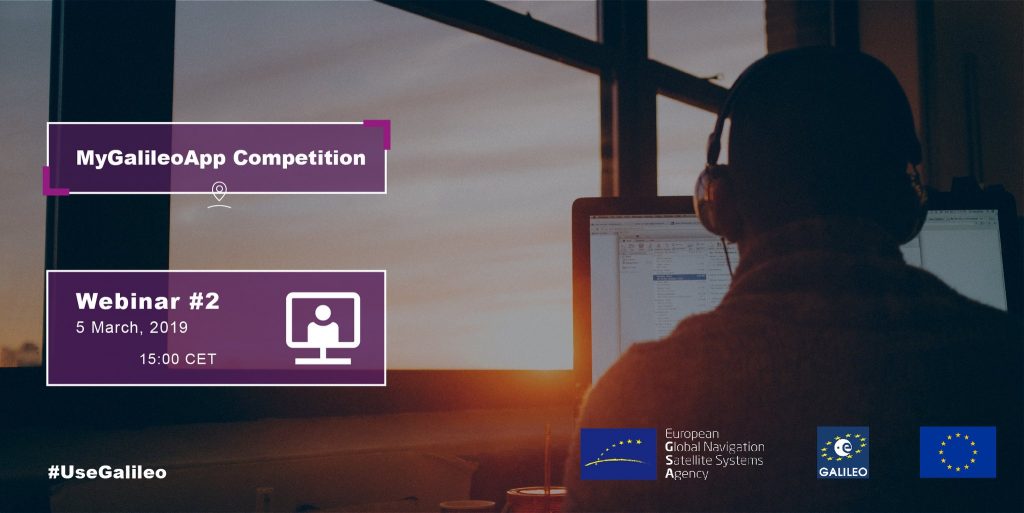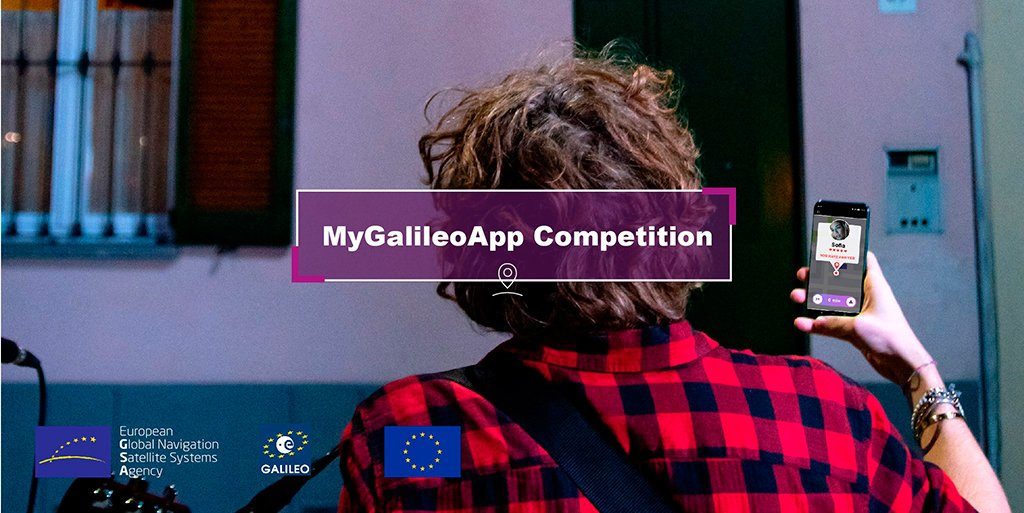Apply today to the MyGalileoApp competition
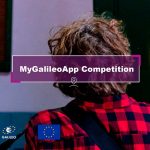
Do you have an innovative idea for an application that could benefit from the precise positioning offered by Galileo? Then apply today for the GSA’s MyGalileoApp competition!
The European GNSS Agency’s (GSA) new MyGalileoApp competition challenges developers to design, develop, test and launch a mobile application that takes advantage of the increased accuracy and availability provided by Galileo. The winner stands to win up to EUR 100,000.
Whether it is in the area of augmented reality, geo-marketing, smart navigation, social networking or otherwise – the GSA wants to help you take your idea from concept to reality.
Spaceoneers spoke with Justyna Redelkiewicz, Head of Section Consumer Markets at European GNSS Agency (GSA) about the competition to find out more.
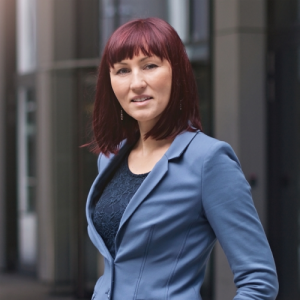
Tell us first of all about your role and what it is you do
I work for the European GNSS Agency (GSA) in the department called Market Development. Our objective is to bring the signals from space and support industry to use the signals and bring solutions to users. Over the last few years when Galileo was under development we had mostly been working with the manufacturers such as the chipset makers and the smartphone manufacturers to make the position information available to the application level. Right now we have over 100 models of smartphones use Galileo. But we figured the application developers’ community is still using the most basic location information on the phone and are not really aware that the accuracy and performance has increased. This competition aims to support developers to use Galileo and to develop applications that could show its full capability.
You mentioned enhanced location performance. What is the increased accuracy of Galileo compared to the past?
There are two key parameters where Galileo adds value:
First is availability. When we use GNSS (Global Navigation Satellite System) and location services in the city we have to see minimum 4 satellites to have a fix on location established. Galileo is adding now more than 20 satellites. The availability of GNSS is increased. We see not only GPS (American) and GLONASS (Russian) but additional satellites from Galileo (EU). There is therefore a greater choice of signals to use.
Second, there is the impact on accuracy that depends on the implementation on the smartphone. If you have an older smartphone (GPS only) the location accuracy can be worse. But what we can see is that leveraging on dual frequency receivers and on Android raw measurements we can really reduce the accuracy to below 1 metre.
What is the status of Galileo? And where does this competition fit in?
Galileo has already more than 25 satellites in orbit and the constellation is almost ready. We can already see the performance almost as it will be on the final operational capability .
What we need now is to transmit to the final user is the new technology to use Galileo. We have been working with the chipset manufacturers to use Galileo signals on two frequencies. This is something we really want to promote to developers so the accuracy is attainable for users.
What are the main aims of the competition?
Within this competition we plan to support the development of applications for smartphones, so we see both for iOS and Android environment. With Android there is more choice of data used in the application layer. The iOS environment is a bit more closed. In this competition we plan to stimulate a bit the entrepreneurship and creation of startups. So, not only are we evaluating the idea but also we are really leading the teams to have a fully professional-grade app. In order to do that, we have different phases.
Now is the application phase where the teams just have to submit a few page description of the ideas they have, how they will do it and of their team. Based on that we will then select 30 teams who will develop a beta version. We will be supporting them with mentoring. We have really great mentors on the technical and business side to see the potential of the application. Then we will select 10 teams who will finalise the app and launch it commercially.
The application phase of the competition is now open until 28 March.
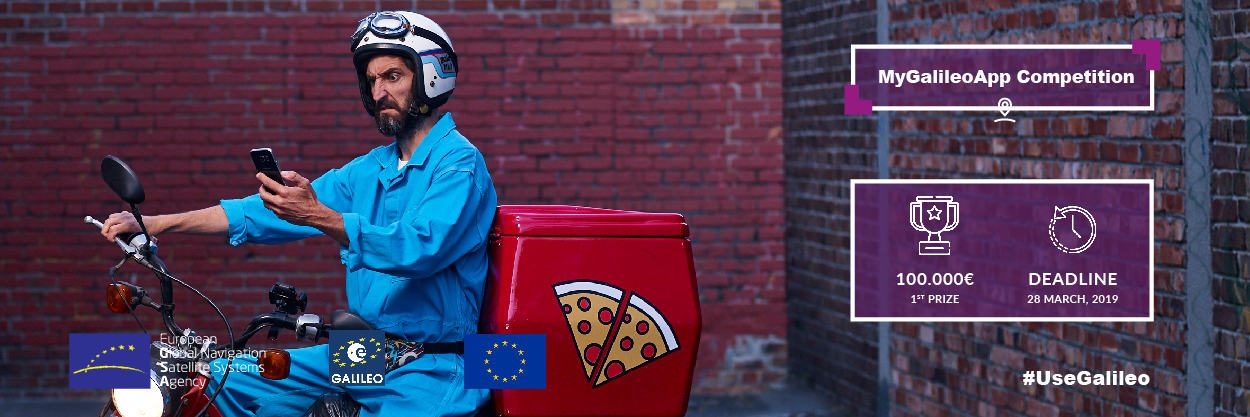
Let’s break that down. First tell us more about the application phase.
We invite people to submit a short application form until 28 March 2019 at 23:59 CET with a technical description of the idea. It should introduce briefly the main ideas of what the app will do and a basic concept design. Each participating team shall propose an application targeting one of the following development areas including smart navigation and infotainment, augmented reality and games, geo-marketing and advertising, fitness, sport and mHealth, enterprise applications, social networking, mapping GIS and agriculture, automated mobility, aviation, drones and finance.
The competition is open to a wide range of application areas.
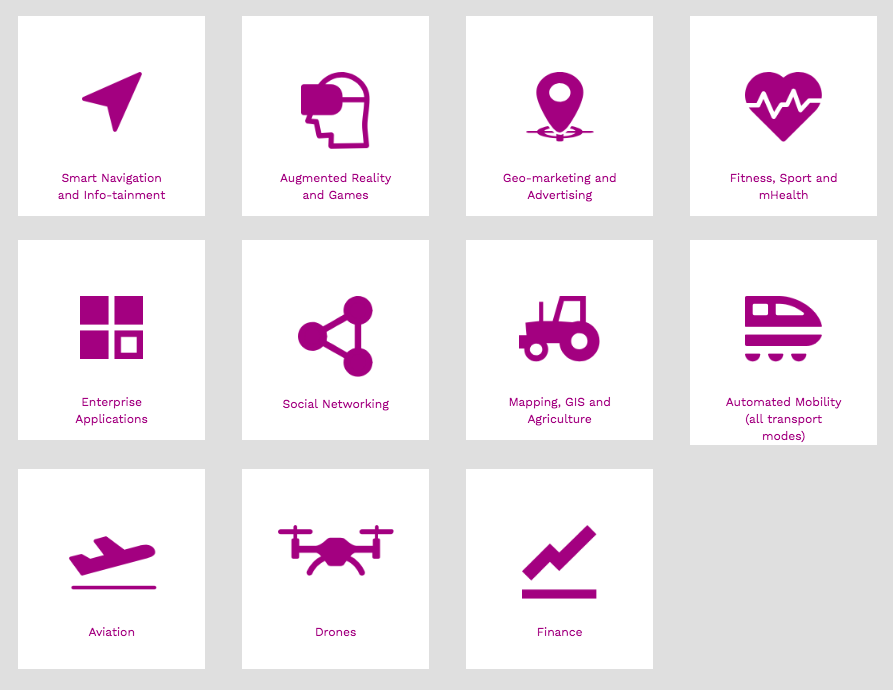
Is there any limitation on who can apply? Which audiences are you targeting?
There is no limitation as to nationality of the applicants except for the team coordinator who must be an EU citizen. All applicants must be at least of 18 years of age by the date of registration to the contest.
We welcome various groups as we believe anyone can have an idea using location information. Any application using location would be fitting. Sometimes the person who has an idea doesn’t know how to code but there is a possibility to team up with developers and tell them what they have to write in the code. We target students and entrepreneurs, anyone who wants to set up their own business.
What if you don’t have particular knowledge about space?
We have a place in this competition for every level of GNSS knowledge. We have teams from our GNSS community who will go deeper into the measurements and are technically advanced. But we also want to welcome developers who don’t have this knowledge. If the team doesn’t have a really advanced GNSS expert inside they can use the basic API and still have an amazing idea.
What can individuals do if they have an idea but don’t have a team?
We set up a Slack channel where people can ask questions and form teams. We also are hosting webinars where we explain the competition and people can meet.
You list many application areas. Do you have previous examples of winners?
We are trying to be quite broad in the definition application areas. Today if you enter Google Play or Apple store you can create applications for any vertical sector. Here we used to organise hackathons and we had several ideas to e.g. to draw a map by walking, so you can paint while you move – a very interesting artistic project. Another idea is a good citizen app e.g. road broken and notify the municipality. We had many ideas but what we figured out is that there are many ideas but then they don’t have a follow-up. They don’t always have the tools to make it a reality. That’s why after organising a few hackathons, we decided to go one step further to develop a final project.
So once the teams have submitted an application, what happens next?
Following the many submissions, on 15 April we will announce the 30 selected teams to proceed to the development phase. Then for the next two months the teams will develop a beta version.
We plan to have 1-to-1 mentoring sessions for a period of time to help them develop a business plan and support with coding. This is a chance for developers to be a part of a community because we have really good mentors coming from Google, Ubuntu, Verhaert and Broadcom both in technology and in business.
In June the teams will present beta versions then we will select 10 teams who will finalise the app.
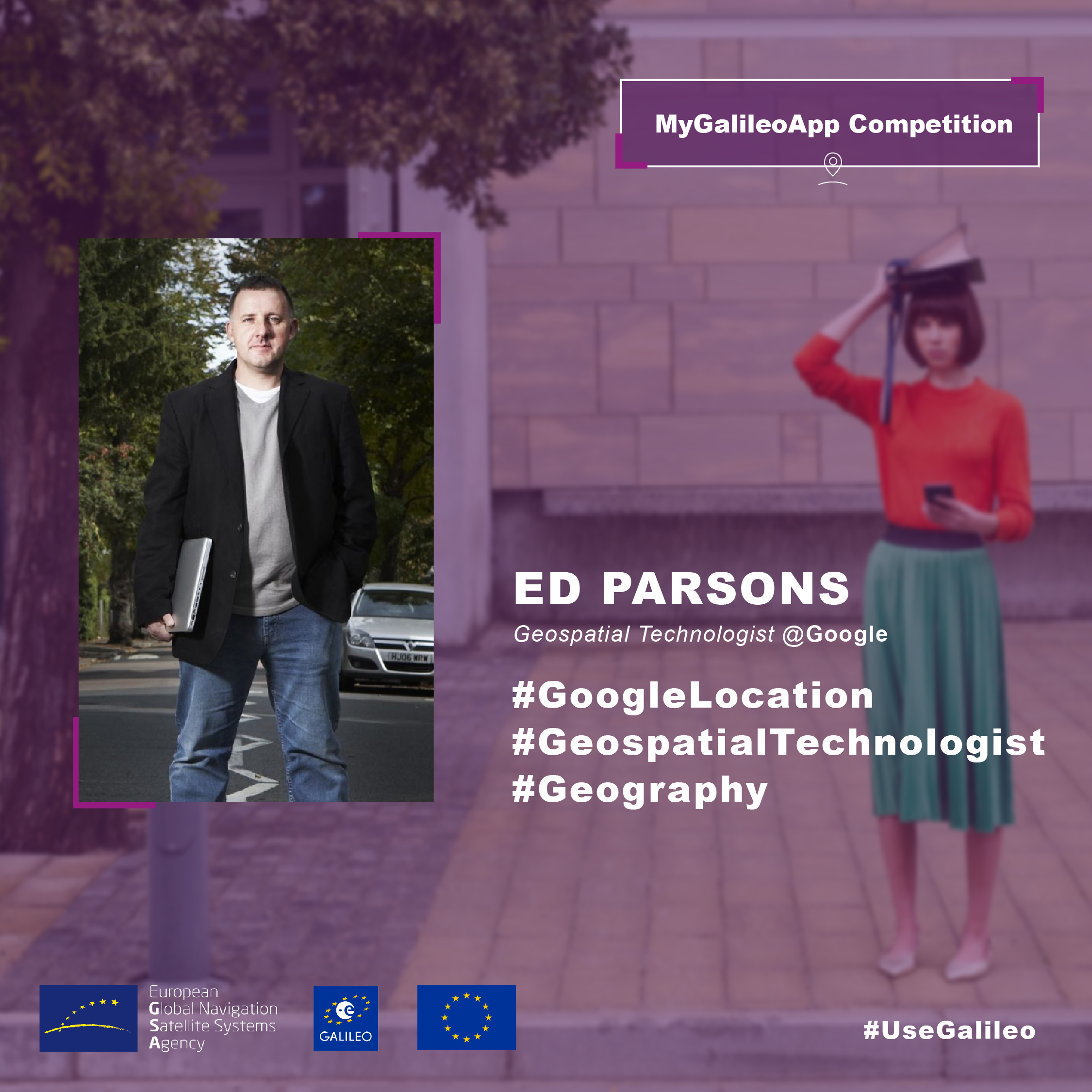
What are the key award criteria?
We would like to favour applications that are particularly innovative. It doesn’t have to be a complete breakthrough idea but it could be a small innovation or improvement to what exists. We would look for an idea with good market potential that the team could make a business out of this or have many users of the application. We would like applications that somehow show Galileo’s added vale. In the application if the accuracy matters we can show Galileo is adding value. Also the technical feasibility – sometimes the idea is fantastic but it is not technically possible or there are other legal limitations that would refrain from implementing the idea. But I would say the criteria are pretty general, if it is interesting, it is innovative and using Galileo then the criteria would be met.
What advice would you give to someone who’s unsure whether or not to apply to the competition?
I recall a quote from Richard Branson. “If somebody offers you an amazing opportunity but you are not sure how you can do it, say yes – then learn how to do it later!”
It might sound scary maybe since they don’t know if they will make it. It costs almost nothing to submit an idea and it is gradual. It’s not so much effort to submit an idea, then a bit more effort to arrive at the beta version. The biggest effort is in the third phase but once you are there you are one of the top 10. So I hope this gradual involvement will stimulate people to participate.
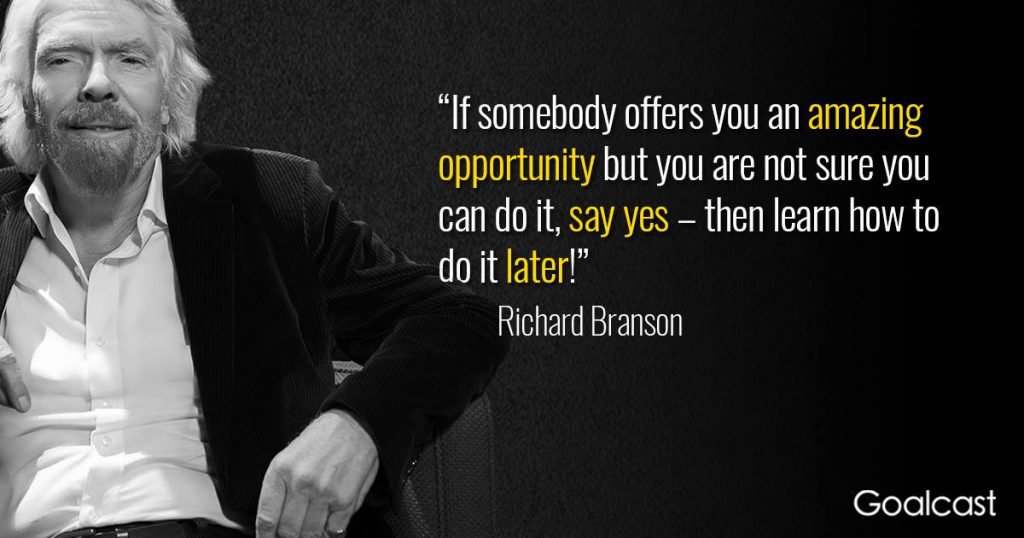
What are the immediate next steps?
Registration is now open for the second MyGalileoApp webinar, on 5th March 2019 15:00 CET! This will provide you with everything there is to know about the competition including how to apply and submit a winning concept. This is a great opportunity to ask questions. The first webinar is now available here to view.
People can simply apply through the website until 28th March. The application form is pretty simple. I really encourage use of the Slack channel as we have direct access and someone is monitoring 24 hours per day.
